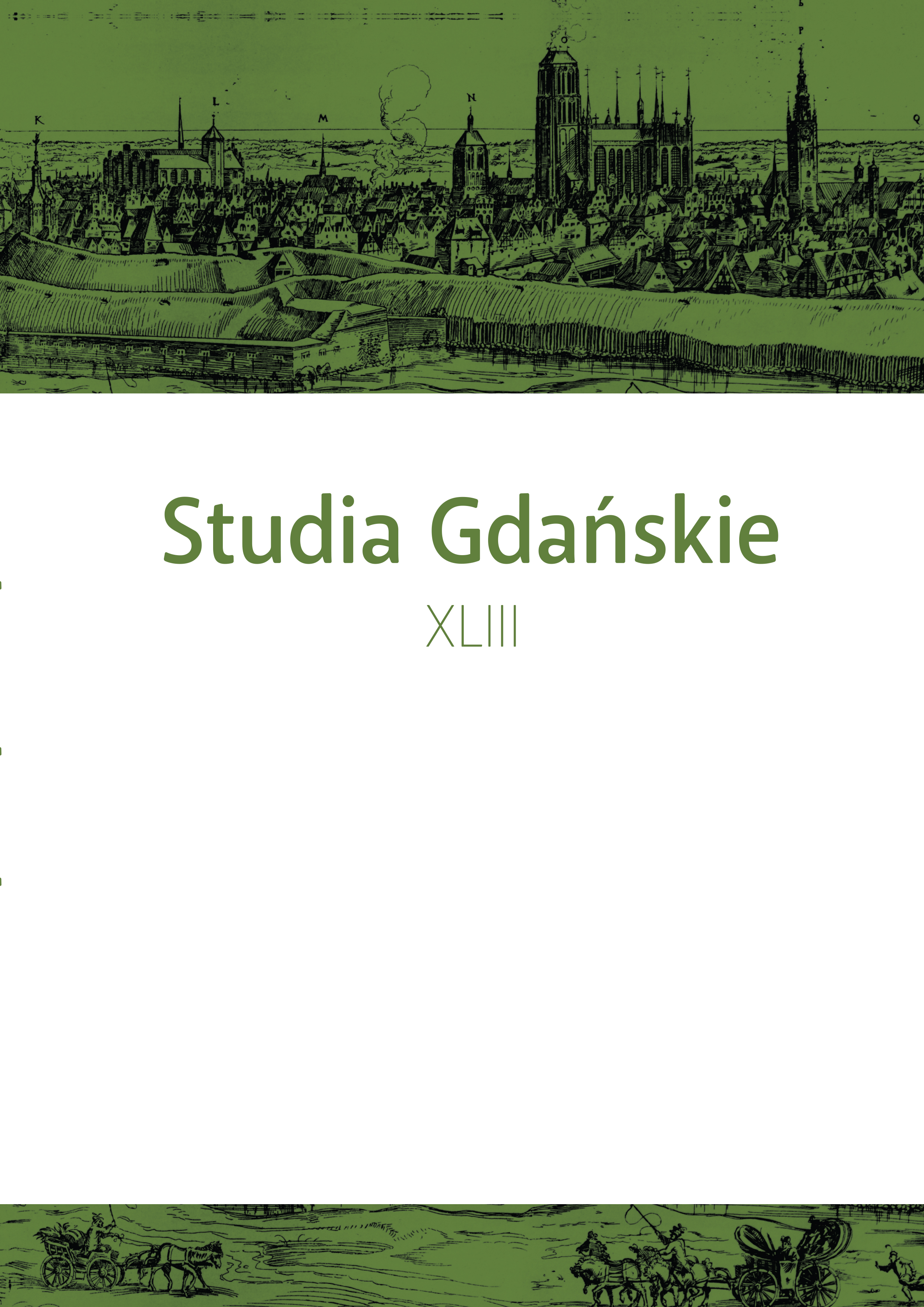Aktualność Arystotelesowskiej zasady “złotego środka” we współczesnej etyce życia społecznopolitycznego i gospodarczego
The Relevance of Aristotle’s Principle of the Golden Mean in the Ethics of Socio-Economic Life
Author(s): Tomasz DutkiewiczSubject(s): Christian Theology and Religion, Philosophy, Ethics / Practical Philosophy, Theology and Religion
Published by: Gdańskie Seminarium Duchowne, Kuria Metropolitalna Gdańska
Keywords: the principle of the golden mean; patriotism; cosmopolitanism; nationalism; social solidarity; liberalism; collectivism
Summary/Abstract: Aristotle defined virtue as the Golden Mean, the desirable middle ground between two extremes or faults. The principle of the golden mean can legitimately be applied to the questions associated with practical action in which it is important to avoid dangerous extremes. In his lectures on ethics and politics Aristotle presented a whole range of examples of applying this rule. Thus, in the case of the virtue of courage, ethically right conduct is based on overcoming cowardice as much as excessive boldness, while the virtue of generosity, in turn, which implies moderation in disposing of material goods, enables action which is free from both greed and excessive extravagance. Referring the principle of the golden mean to the modern questions of socio-political and economic thought enables us to indicate ethicality desirable attitudes, such as patriotism (understood as a well-ordered love of one’s own homeland) which allows us to overcome the extremes of cosmopolitanism and nationalism. It also points to systemic solutions, such as social solidarity, which avoid the dangers of an overprotective, “nanny” state on the one hand, and on the other, the reduction of the state’s role to that of a “night-watchman” as favoured by an extreme libertarianism.
Journal: Studia Gdańskie
- Issue Year: 2018
- Issue No: 43
- Page Range: 263-271
- Page Count: 9
- Language: Polish

